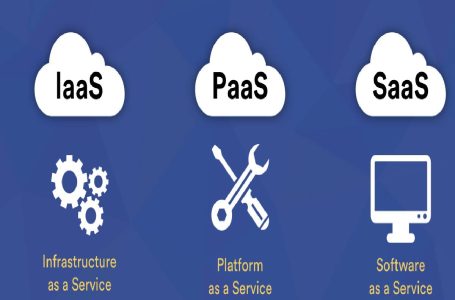In an era dominated by corporate control and algorithmic manipulation, the quest for authentic connection and independent expression has never been more crucial. This journey entails breaking free from the confines of mainstream platforms and rediscovering the decentralized realms of Usenet and alternative marketing methods. Join us as we explore avenues for liberation from the corporate matrix, embracing diverse communities and creative strategies to reclaim our digital autonomy.
Usenet and Alternatives to the Marketing Mentality
We use the internet in just about every facet of our lives nowadays: we use it to conduct business transactions and communicate with our superiors, we use it to attain degrees and diplomas through remote schooling, and we use it to keep in touch with friends and loved ones that live far, far away. Technology and the internet are so prolific and widely used that the next generation has been born with iPhones and iPads, using technology to entertain themselves, learn, and connect with others from a young age.

The advent of the coronavirus pandemic further pushed our society towards transitioning toward digitally inclusive modes of business, forcing people inside and away from the public: as such, we had to come up with ways to conduct our lives remotely, leading to even more widespread use of tech in businesses large and small and amongst people young and old.
Yet, few people know how their world came into being and alternatives to the World Wide Web that may provide solutions to problems now developing in response to the Web’s popularity.
As the usage of the Web became more widespread, corporations found ways to convert spaces that people used to express their creativity into virtual billboards for their edification. They paid people to represent their products and encouraged the marketing-moded mentality we’re seeing break out across the Web today.
The scramble to go viral and the desire to become an influencer are all symptoms of a disease brought about by corporate America’s interference in digital spaces. However, most marketing departments consider other networks obsolete and keep them free of this cancer.
If any of that has struck a chord with you, you might consider looking at one of the last surviving networks of the pre-Web area: Usenet.
Origins: Before the Dawn of the Web
Usenet was one of many fledgling networks that sprung up roughly ten years before the Web emerged. Conceived and executed by three college students at Duke University and UNC Chapel Hill, Usenet was an experiment in sharing information between academic institutions. This network used UNIX-to-UNIX copy protocol to pass files and messages between no more than three computers.
Patching with existing frameworks to allow for the maximum amount of people using it, Usenet soon grew into a veritable household name, with thousands of users sharing information across hundreds of message boards.
While the creation of the World Wide Web eventually erased it from our collective consciousness, surpassing it in popularity and becoming the world’s most popular standard network, the Usenet is still very much alive today. It has since evolved into a sprawling maze of message boards, constituting a massive database of user-created and curated audio and visual content.
Accessing Usenet: A Quick How-To
Usenet operates much like websites such as Reddit, comprising an overarching structure with thousands of message boards and communities where users contribute content, discuss common interests, and download and modify others’ creations. This system tends to foster more of a collaborative community mentality, as opposed to the Web’s emphasis on standing out, going viral, and becoming famous.
Usenet features a community, referred to as newsgroups by its users, for virtually every imaginable interest. Moreover, there’s an easy application and approval process if you wish to create your own newsgroup. What’s more, they are all community-moderated, with no third-party interference, allowing newsgroups to evolve into whatever kind of space you desire them to be.
All you need to access Usenet is a newsreader or Usenet’s equivalent of a browser and internet service provider wrapped up into one. Fortunately, there are lots of those around, and finding a newsreader that delivers tip-top service is as easy as finding a reliable browser: take a look at the market, choose an option that best fits your needs, and you’ll be surfing Usenet before you know it.
Joining a Thriving, Close-Knit Community
Usenet users are notably discreet about their presence on the network, aiming to shield it from corporate interests and the incessant pursuit of marketing targets. Nevertheless, the door is perpetually open for new individuals to become part of the Usenet user community. If any of the above resonates with you, download a newsreader and begin your journey. They would be delighted to welcome you aboard.
Conclusion
As we conclude our exploration of unplugging from the corporate matrix, it’s clear that Usenet and alternative marketing avenues offer invaluable pathways to reclaiming autonomy and authenticity in the digital sphere. By embracing decentralized platforms and creative strategies, we can cultivate genuine connections, evade algorithmic manipulation, and foster a community-driven approach to communication and commerce. Let us continue to venture forth, forging new paths toward digital freedom and empowerment.





